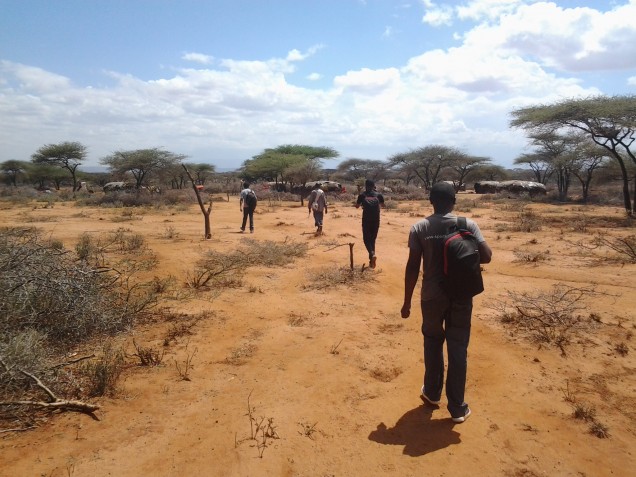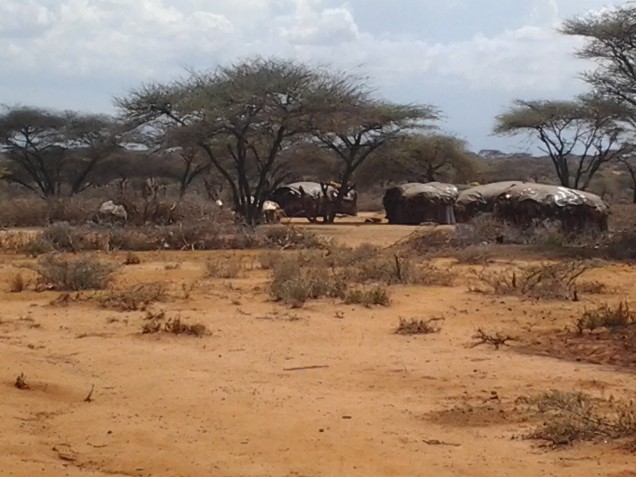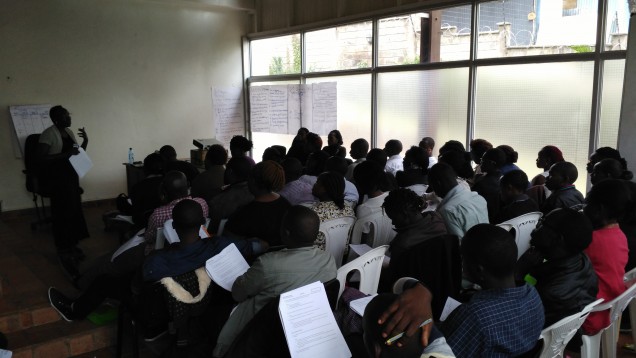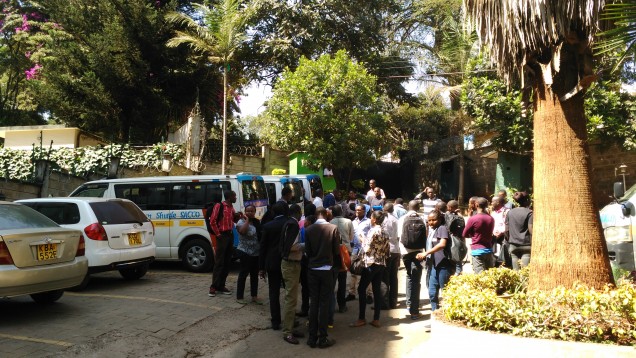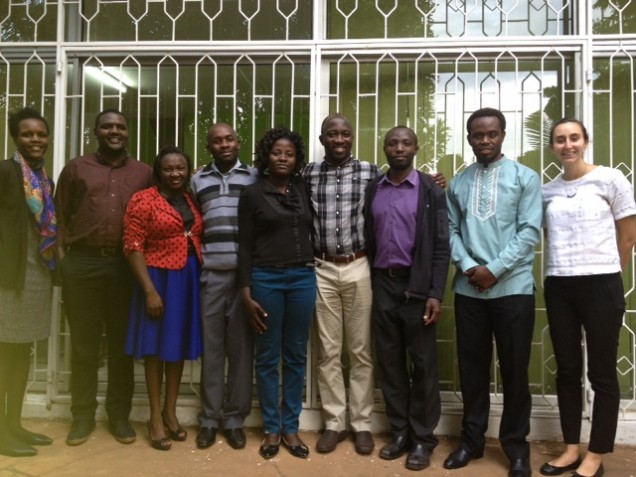Novartis Access in Kenya
Novartis Access was rolled out in Kenya in 2016. Boston University investigators are evaluating the impact of Novartis Access on the availability and price of NCD medicines at health facilities and households in Kenya, using a cluster-randomized trial design. Investigators are also conducting qualitative interviews at facilities and in households. An innovative method modeled on the SMS for Life telephone monitoring system is being used to generate monitoring data for an Interrupted Time Series analysis to complement the randomized control trial. The planned study period is two years. Boston University researchers are partnering with Innovations for Poverty Action to implement the study in Kenya. The results of this evaluation will provide rigorous evidence of the outcomes and impact of Novartis Access, and will allow for program adjustments as it is rolled out in additional countries.
First Baseline Study
The first baseline study, conducted in eight counties in Kenya in 2016, showed that the prevalence of patients with diagnosed NCDs varied considerably in the different counties surveyed.
The availability of NCD medicines at facilities was heterogeneous, with some medicines available in up to 60% of facilities while other commonly used NCD medicines were available in less than 20% of facilities.
About 60% of individuals diagnosed with and prescribed medicine for one of the four NCDs of interest had the medicines available in their home. The proportion of household health expenditure on medicines was high, and accounted for about 75% of all household health spending.
This study has been followed by a mid-point evaluation in 2017 (with full first results available in late 2017) and an end-point evaluation in 2019.

